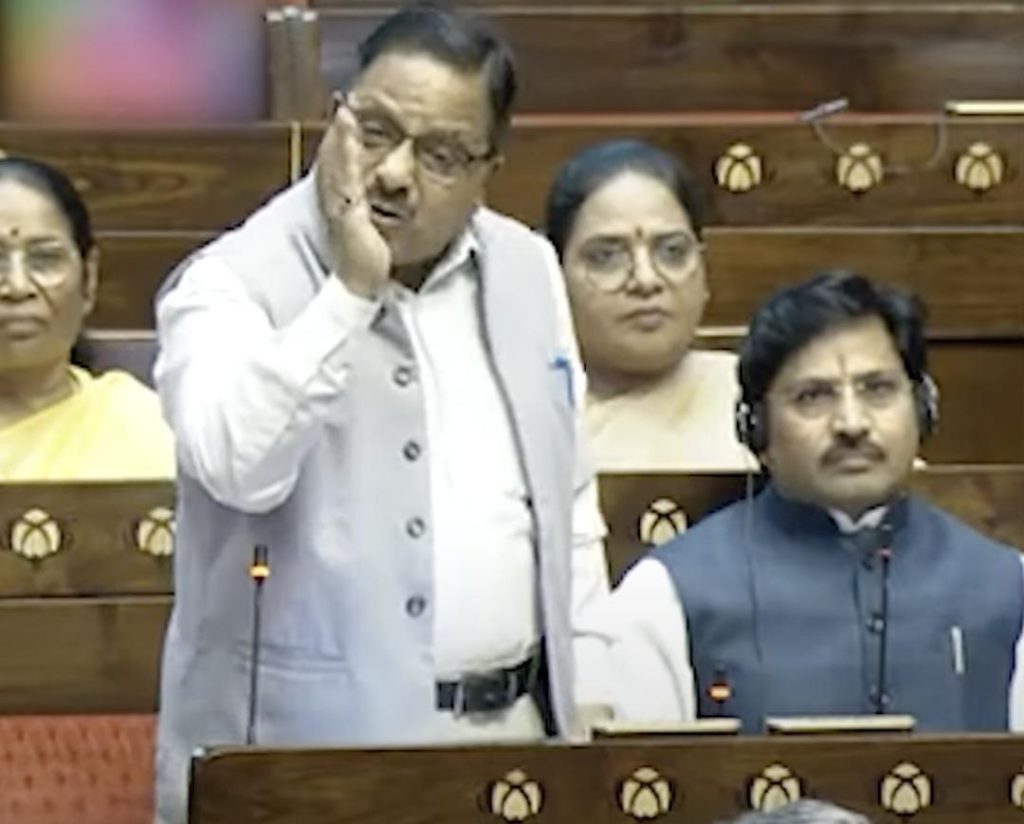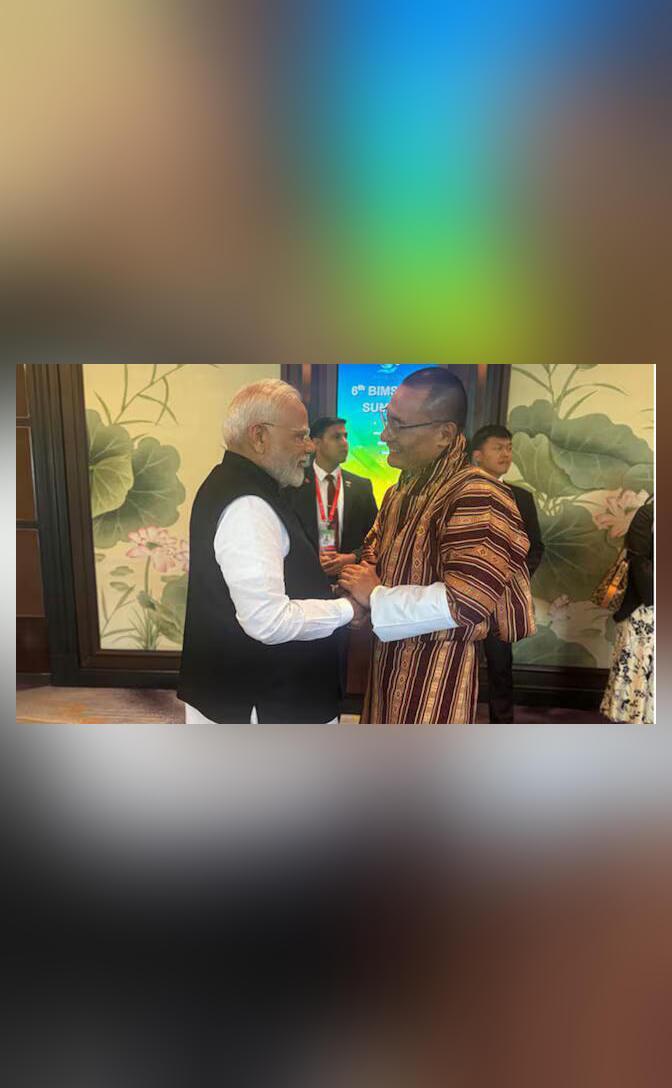
Should I Read the Quran and Tell You What’s Written in It: BJP MP Radha Mohan Das on Waqf Bill
The Waqf Bill, a contentious piece of legislation aimed at regulating the management of Muslim shrines and properties, has been a topic of heated debate in India. The latest development in the ongoing discussion is a statement made by BJP MP Radha Mohan Das, who has sparked controversy by asking if he should read the Quran and share its contents with others.
The incident occurred during a parliamentary discussion on the Waqf Bill, where Das made the comment, drawing both praise and criticism from various quarters. In this blog post, we will delve into the context of the statement, its implications, and the reactions that followed.
Background of the Waqf Bill
The Waqf Bill, also known as the Central Waqf (Amendment) Bill, was introduced in the Lok Sabha in 2019. The bill aims to replace the existing Central Waqf Act of 1995 and provide a framework for the management of Waqf properties, which are considered sacred by Muslims. The properties include mosques, imambaras, dargahs, and other shrines.
The bill proposes to establish a central Waqf board, which will oversee the management of these properties and ensure their maintenance and development. The bill also seeks to empower the Waqf board to take possession of Waqf properties, which are currently managed by various state governments and local authorities.
Radha Mohan Das’ Statement
During the discussion on the Waqf Bill, Das, a BJP MP from Uttar Pradesh, made a statement that has been widely reported in the media. He said, “I want to ask you, should I read the Quran and tell you what’s written in it? The Quran says that even if one rupee is given to anyone, there should be a written record…And you say you have so many properties without a record.”
Das’ statement was aimed at questioning the management of Waqf properties, which are managed by various state governments and local authorities. He seemed to be suggesting that the Waqf Board, which is responsible for managing these properties, is not transparent in its dealings and that there is a lack of accountability.
Reactions to the Statement
Das’ statement has drawn both praise and criticism from various quarters. While some have praised him for his boldness in questioning the Waqf Board’s management, others have criticized him for his lack of understanding of Islamic scriptures and the Waqf system.
Many Muslim organizations and leaders have condemned Das’ statement, terming it as “mischievous” and “misguided.” They argue that the Quran is a sacred book that should not be used to justify political or communal agendas.
On the other hand, some Hindu organizations and leaders have praised Das for his courage in questioning the Waqf Board’s management. They argue that the Waqf Board is not transparent in its dealings and that there is a lack of accountability in the management of Waqf properties.
Implications of the Statement
Das’ statement has significant implications for the ongoing debate on the Waqf Bill. The statement has highlighted the need for greater transparency and accountability in the management of Waqf properties. It has also raised questions about the role of the Waqf Board and its relationship with the state government.
The statement has also sparked a broader debate about the role of religion in politics and the need for greater understanding and respect between different communities.
Conclusion
In conclusion, Radha Mohan Das’ statement has sparked a heated debate about the Waqf Bill and the management of Waqf properties. While the statement has drawn both praise and criticism, it has also highlighted the need for greater transparency and accountability in the management of these properties.
As we move forward with the discussion on the Waqf Bill, it is essential that we approach the issue with sensitivity and respect for different communities and their beliefs. It is also essential that we prioritize transparency and accountability in the management of Waqf properties to ensure that these sacred places are preserved for future generations.
News Source:






